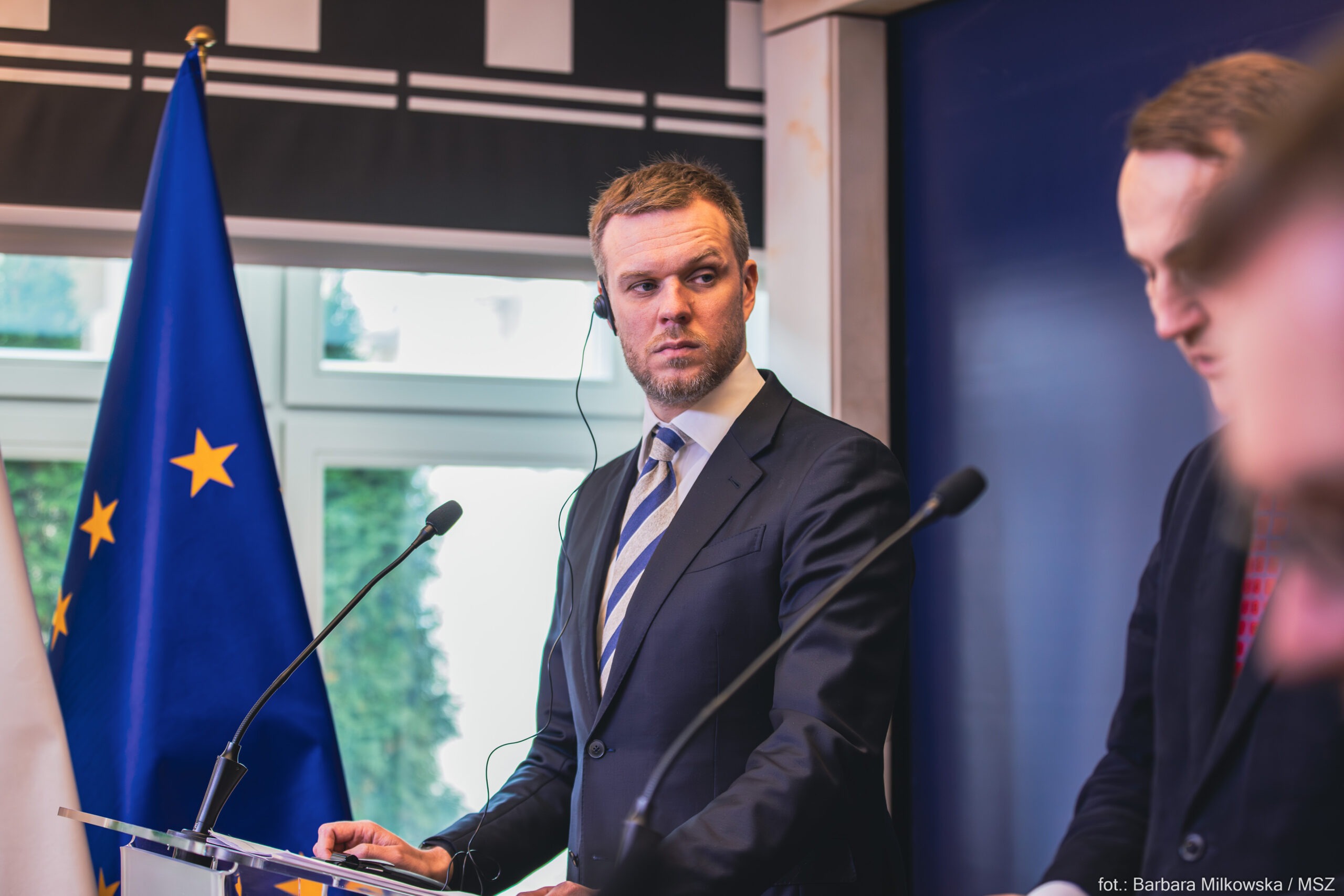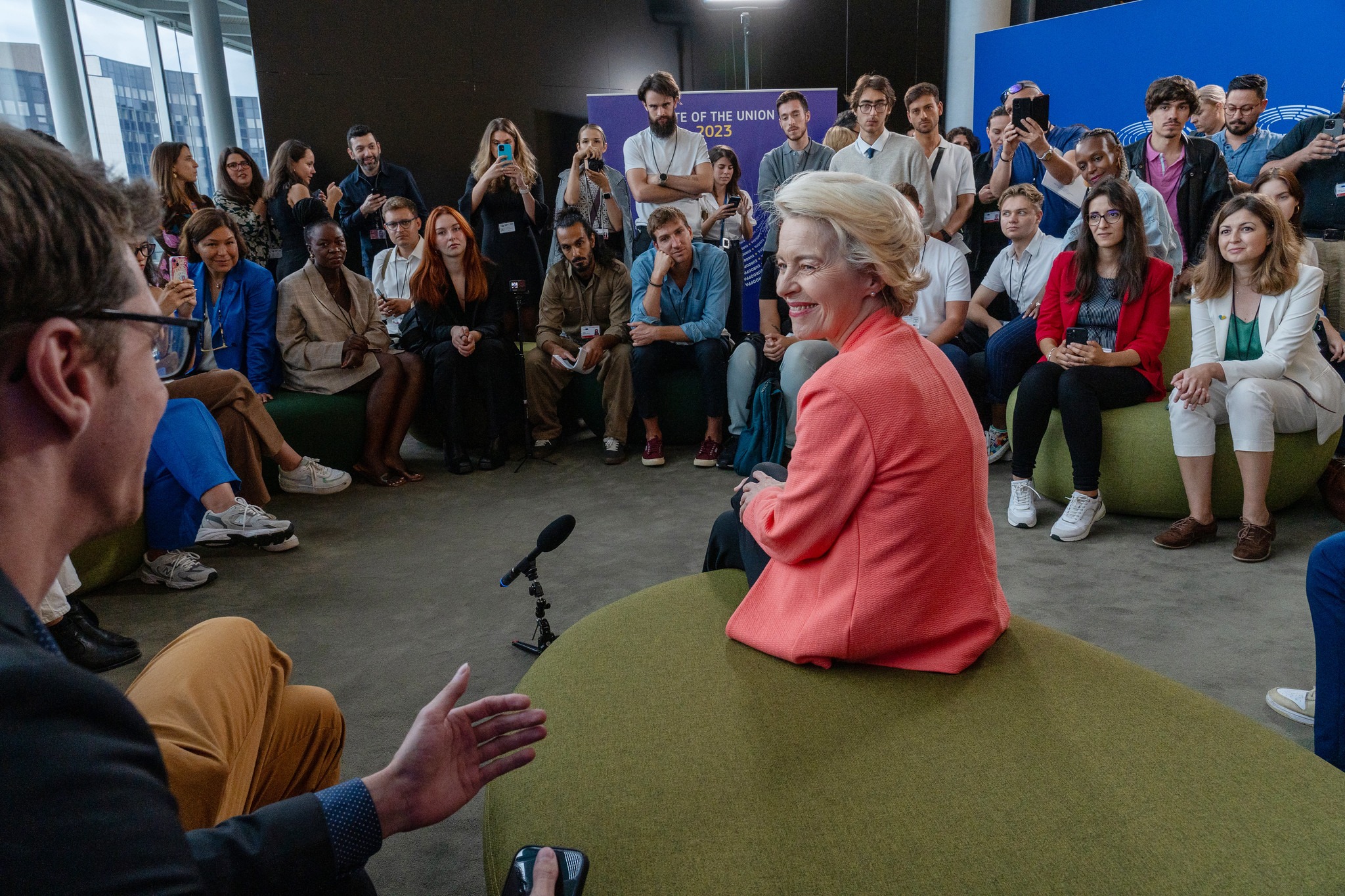Report
Estonia Weekly: Satirical “Olivier Salad Ban” Rumour Fuels Russophobia
Pro-Kremlin online voices in Estonia amplified both fabricated claims about cultural repression and criticism of long queues at the Narva border, framing these measures as evidence of “Russophobia.”
Weekly Reports
Lithuania Weekly: Controversy Over Landsbergis Villa Purchase
Discussions peaked over the villa in Greece that the family of the Minister of Foreign Affairs, Gabrielius Landsbergis, bought. The main criticism went out after the date of buying the villa was found out.
Read moreLatvia Weekly: Alleged Governmental Corruption
During the examined week the narratives were similar to prior weeks focusing on issues relating to the Green Deal and the European Parliament, incompetence of the current government and lgbtq and gender issues.
Read moreEstonia Weekly: Rising Government Criticism
A significant number of posts expressing anti-governmental sentiments, particularly regarding the economy, were reported during the week.
Read moreLithuania Weekly: Crowdfunder under fire
During this reporting week, Lithuanian crowdfunder “Contribee” came under fire: media reported that the Lithuanian prosecutors had opened a pre-trial investigation into the Lithuanian crowdfunding platform Contribee, as it has now emerged that one of its shareholders took a large sum of money from an NGO account on Contribee for his personal use.
Read moreLatvia Weekly: European Green Deal and LGBTQ+ issues
During the examined week, the narratives were similar to prior weeks, focusing on issues relating to the Green Deal and the European Parliament, the incompetence of the current government and lgbtq and gender issues.
Read moreEstonia Weekly: Helping the Economy and anti-LGBT sentiments
In the reporting week, the narratives follow the targeting of the economy, taxes, and government attempts to help the economy.
Read moreLithuania Weekly: Olympics at the centre of attention
Kremlin-aligned media in Lithuania during this reporting week was focused on two main topics: a powerful storm that swept through Lithuania and the Olympics.
Read moreLatvia Weekly: Olympic Boxing Match
During the examined week the content in contrast to prior weeks was not primarily concentrated on domestic issues as much coverage was given to the Olympic games.
Read moreEstonia Weekly: Automobile tax and Kamala Harris
In the reporting week, much of the posts targeted the new auto tax that came into affect in Estonia, and how this is just another attempt of the government to get money from its citizens.
Read moreShowing 190 to 198 of 334 results
Don’t miss a story.
We publish stories that change laws, lives, minds and the world. Subscribe to our newsletter to get our investigations delivered to your inbox.








